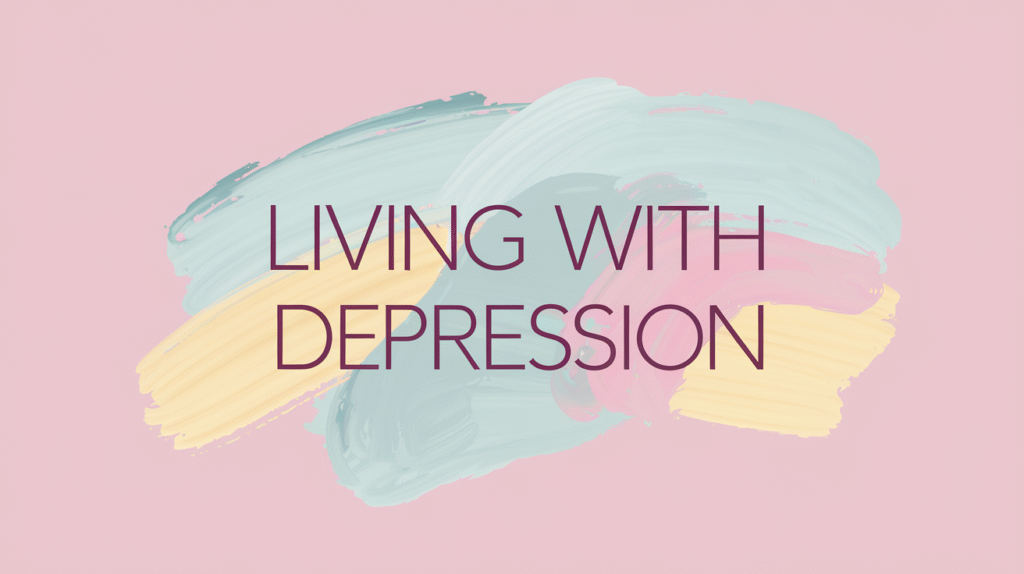
A Universal Principle for Living
The Golden Rule is a timeless concept that transcends cultures, religions, and philosophies. It’s a simple yet powerful principle: treat others as you would like to be treated. This idea has been a cornerstone of ethical teachings around the world, and its message remains as relevant today as it was thousands of years ago. Just as a great song resonates with people across generations, the Golden Rule strikes a chord with humanity, offering a universal anthem for kindness and respect.
Throughout history, various cultures and religious traditions have expressed the Golden Rule in their teachings. Whether it’s Buddhism, Christianity, Hinduism, Islam, Judaism, or Native American beliefs, the principle remains consistent: treat others with empathy and compassion. This universal message encourages us to consider the impact of our actions on others and to act with integrity and kindness.
The Golden Rule’s simplicity makes it easy to understand, yet its implications are profound. It challenges us to look beyond our immediate desires and to consider the well-being of others. By adopting this principle, we can foster more harmonious relationships and create a more just and compassionate society. Just like how music can inspire and unite people, the Golden Rule has the power to bring us together and guide us toward a better world.
Buddhism: Hurt Not Others
In Buddhism, the Golden Rule is expressed as, “Hurt not others with that which pains yourself.” This teaching encourages empathy and compassion, urging us to consider the impact of our actions on others. It’s a call to mindfulness, to be aware of how our behavior affects those around us. Just as a band must work in harmony to create great music, we must live in harmony with others to create a peaceful society.
Buddhist teachings often emphasize the interconnectedness of all beings. When we harm others, we ultimately harm ourselves. This principle is akin to the idea of karma, where our actions have consequences that ripple through our lives and the lives of others. By following the Golden Rule, we can create positive ripples that contribute to the well-being of everyone.
Christianity: Do Unto Others
Christianity teaches the Golden Rule as, “Do unto others as you would have them do unto you.” This directive is found in the Bible and is central to Christian ethics. It calls for proactive kindness and consideration, encouraging believers to take the first step in treating others well. Much like a powerful ballad that inspires listeners to be their best selves, this version of the Golden Rule motivates people to act with love and generosity.
Jesus Christ, the central figure in Christianity, exemplified this principle through his actions and teachings. His life was a testament to selflessness and compassion, demonstrating how treating others with kindness can transform lives.
Hinduism: Treat Others as Yourself
In Hinduism, the Golden Rule is articulated as, “Treat others as you would yourself be treated.” This concept is deeply rooted in the idea of dharma, or righteous living. It encourages individuals to act with integrity and respect, recognizing the divinity within each person. Similar to how music often speaks to the soul, this teaching resonates with the core of human decency and spiritual connection.
Hindu philosophy emphasizes the unity of all life. When we treat others with the same respect and kindness we desire, we honor the divine within them and ourselves. This approach fosters a sense of oneness and community.
Islam: Do Unto All Men
Islam teaches the Golden Rule as, “Do unto all men as you would wish to have done unto you.” This principle is embedded in the teachings of the Prophet Muhammad and is a foundational aspect of Islamic ethics. It calls for fairness, justice, and empathy in all interactions. Just as music often champions the underdog and calls out injustice, this teaching urges Muslims to stand up for what is right and treat others with the utmost respect.
The concept of ummah, or the global Muslim community, highlights the importance of treating others well. By practicing the Golden Rule, Muslims can strengthen their bonds with others, fostering a sense of unity and mutual respect.
Judaism: What You Hate, Do Not Do
In Judaism, the Golden Rule is expressed as, “What you yourself hate, do to no man.” This teaching, found in the Talmud, emphasizes the importance of avoiding harm and treating others with consideration. It’s a straightforward yet profound directive that encourages empathy and respect. Similar to how music often conveys powerful messages with simplicity and directness, this version of the Golden Rule cuts to the heart of ethical behavior.
Jewish teachings often highlight the importance of community and the responsibility each person has to contribute positively to society.
Native American Wisdom: Live in Harmony
Native American teachings also embody the essence of the Golden Rule with the principle, “Live in harmony, for we are all related.” This perspective emphasizes the interconnectedness of all life and the importance of living in balance with others and the natural world. Much like the way music can unite people from diverse backgrounds, this teaching encourages harmony and mutual respect.
The concept of kinship extends beyond human relationships to include animals, plants, and the earth itself. By living in harmony with all beings, we honor the sacred connection that binds us.
The Golden Rule in Daily Life
Applying the Golden Rule in our daily lives can transform our interactions and create a more compassionate world. It’s a principle that transcends differences and speaks to our shared humanity. Just as a great song can bridge gaps and bring people together, the Golden Rule can help us build bridges of understanding and kindness.
One way to practice the Golden Rule is by actively listening to others and considering their perspectives. This approach fosters empathy and helps us respond with compassion. Another application is found in our everyday actions—from small acts of kindness to larger efforts for justice and peace.
Living by this principle is about making conscious choices that reflect our values and benefit the greater good. The more we incorporate it into our relationships, communities, and systems, the more we foster a culture of respect and love.
Harmony in Action
The Golden Rule is more than a saying—it’s a call to action. It invites us to live in a way that uplifts, heals, and connects. Like the best songs, it moves people. It urges us to listen more deeply, care more fully, and give what we most wish to receive. In a world often divided, it offers a rhythm we can all follow. So what about you—how can you live the Golden Rule today, and who in your life needs to hear your harmony?



